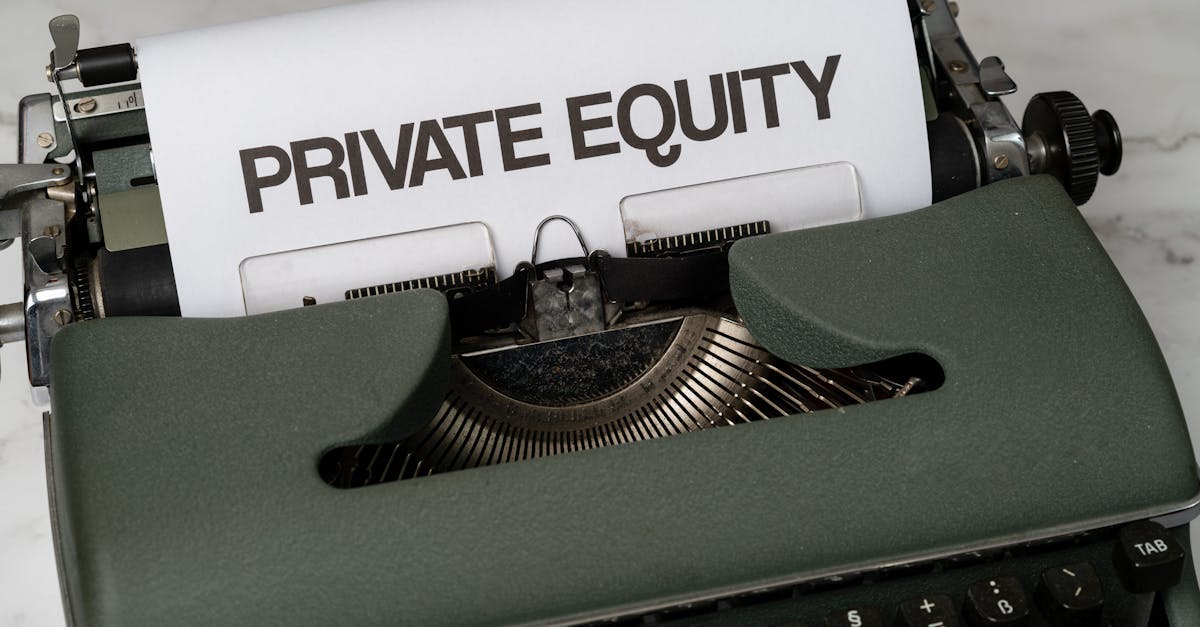Smart Strategies for Planning Big Purchases
Introduction
Big purchases, such as buying a car, financing a home renovation, or planning a luxury vacation, can have a substantial impact on your finances. To ensure a smooth and stress-free experience, it's vital to plan meticulously. This article will guide you through the essential steps to plan for big purchases effectively.
Advertisement
Assess Your Financial Situation
Begin by evaluating your current financial situation. Look at your savings, income, and existing financial obligations. This will provide a clear picture of your capacity to handle a big purchase. Understanding your finances will help set a realistic budget and guide your decision-making.
Advertisement
Define Your Goals Clearly
Determine what your priorities are regarding the purchase. Are you focused on quality, long-term reliability, or immediate gratification? Having a clear understanding of your goals will help you make informed decisions. Specify the amount you wish to spend and align it with your financial plan.
Advertisement
Implement a Savings Plan
Once your goals are set, it's time to implement a savings plan. Start by setting aside a dedicated amount each month specifically for the purchase. Consider automating your savings to ensure consistency. This disciplined approach will help you accumulate the required funds over time.
Advertisement
Research and Compare Options
Invest time in researching all the available options before making a decision. Comparing different products or services can lead to better deals and significant savings. Look into customer reviews, expert opinions, and seek advice from people with prior experience in similar purchases.
Advertisement
Consider Financing Alternatives
For purchases that require upfront capital, consider exploring financing options. Whether it's a personal loan, a hire-purchase agreement, or a store installment plan, each offers unique advantages and terms. Weigh the benefits and potential drawbacks of financing before making a choice.
Advertisement
Plan for Unforeseen Costs
Proper planning involves accounting for unexpected expenses that may arise. Set aside a contingency fund to cover any surprises, such as maintenance costs or increased fees. This will prevent financial strain and keep your budget in check, regardless of unforeseen circumstances.
Advertisement
Negotiate Where Possible
Negotiation is a valuable skill when dealing with significant purchases. Whether you're buying a car or negotiating a mortgage, always explore the possibility of getting a better deal. Boldly yet respectfully, inquire about discounts, bulk pricing, or extra services to maximize your savings.
Advertisement
Review and Adjust If Necessary
Periodically review your progress towards your goals. This ensures you're on track and helps identify any necessary adjustments to your financial strategy. Being flexible and open to change will empower you to respond promptly to any challenges or opportunities that arise.
Advertisement
Conclusion
In conclusion, careful planning and disciplined savings are critical when approaching big purchases. By assessing your finances, setting clear goals, and exploring all options, you can make well-informed decisions. Remember, with the right planning, significant purchases need not strain your finances.
Advertisement


